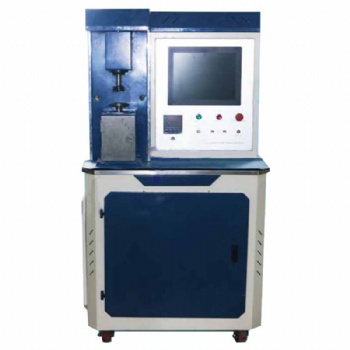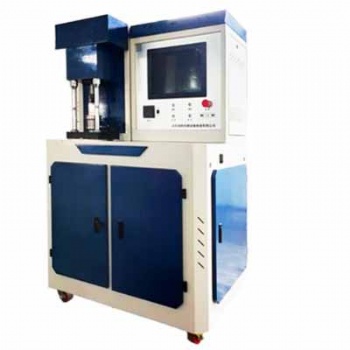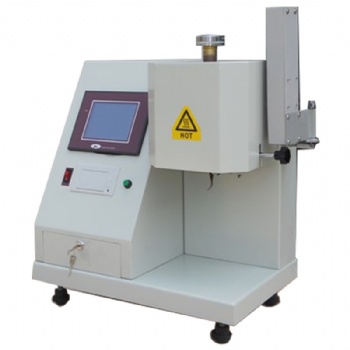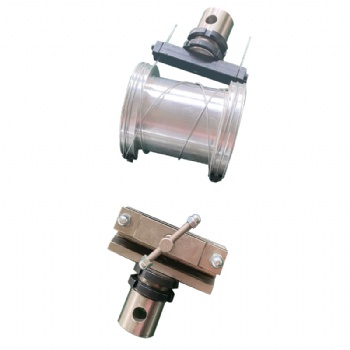News
Choosing the Right 20 Ton Tension Strength Test Device: Applications, Standards, and Pricing
Introduction
A 20-ton tension strength test device is essential for evaluating the tensile properties of various materials, including metals, composites, and industrial components. This high-capacity testing machine ensures precise measurement of material strength, durability, and performance under tensile loads. In this article, we will explore customer needs, technical specifications, applications, relevant test standards, and testing requirements for this powerful testing device.
Understanding Customer Needs
Customers seeking a 20-ton tensile testing machine typically fall into the following categories:
Manufacturers (metal, plastic, rubber industries) requiring quality control testing.
Research institutions conducting advanced material analysis.
Construction and engineering firms verifying structural component strength.
Aerospace and automotive industries ensuring compliance with safety standards.
Technical Specifications of a 20-Ton Tension Strength Test Device
A 20-ton tensile testing machine typically includes:
Capacity: 200 kN (20,000 kgf)
Load Accuracy: ±0.5%
Crosshead Speed: Adjustable range (0.001 - 500 mm/min)
Grip Types: Wedge grips, hydraulic grips, or specialized fixtures for different materials
Control System: Computer-controlled with real-time data analysis
Standards Compliance: ISO, ASTM, EN, GB, and other international testing standards
Applications of the 20-Ton Tension Testing Machine
This high-capacity device is widely used for testing:
Metallic Materials: Steel, aluminum, and alloys for tensile strength and elongation.
Plastics & Composites: Evaluating load-bearing capacity and failure modes.
Rubber & Elastomers: Assessing stretchability and breaking force.
Fasteners & Welded Joints: Ensuring durability under tensile stress.
Cables & Ropes: Testing tension resistance for safety compliance.
Relevant Test Standards and Requirements
A 20-ton tensile tester must adhere to various test standards, including:
ISO 6892-1: Metallic materials tensile testing method
ASTM E8/E8M: Standard test methods for tension testing of metallic materials
GB/T 228.1: Chinese national standard for metal tensile testing
ASTM D638: Tensile properties of plastics
EN 10002-1: European tensile testing standard for metallic materials
Testing Requirements
To ensure accurate results, users should:
Prepare specimens according to standard dimensions.
Select appropriate grips and fixtures for secure clamping.
Calibrate the machine regularly to maintain accuracy.
Use software for precise data analysis and reporting.
Selecting the Right 20-Ton Tensile Testing Machine
When choosing a 20-ton tension strength test device, consider:
Test Material: Ensure the machine supports your material type.
Load Cell Accuracy: Look for high precision for reliable test results.
Software Features: Data acquisition, curve plotting, and compliance reports.
Machine Durability: Robust frame and quality components for long-term use.
Check the Tension Strength Test Device Price
If you're looking for a 20-ton tensile testing machine with high accuracy and efficiency, visit tension strength test device price to explore options and pricing.
Conclusion
A 20-ton tension strength test device is a crucial investment for industries requiring precise tensile strength evaluation. By understanding its technical specifications, applications, and compliance with international standards, buyers can select the right machine to meet their testing needs. For more details, explore our advanced testing equipment today!
Categories
Contact Us
- +86-18615632092
- sophie@jnwtbte.com
- +86-18615632092




 售前客服
售前客服